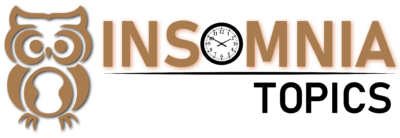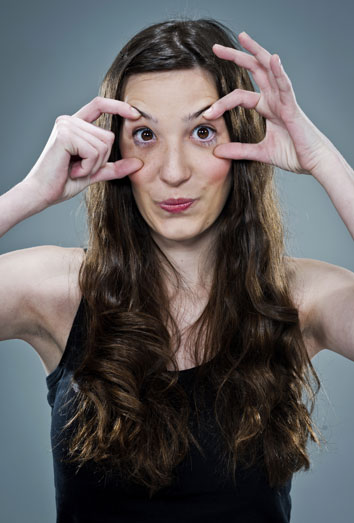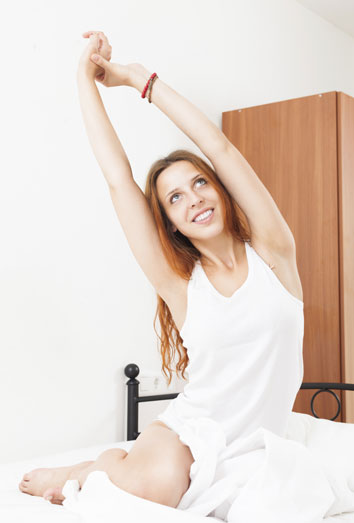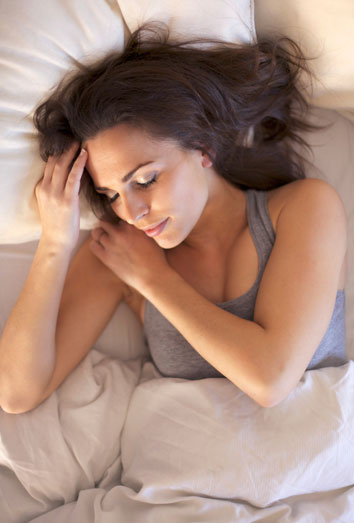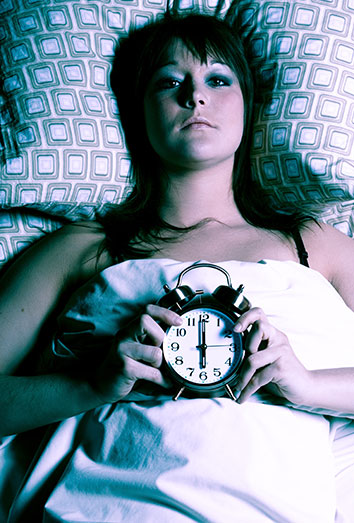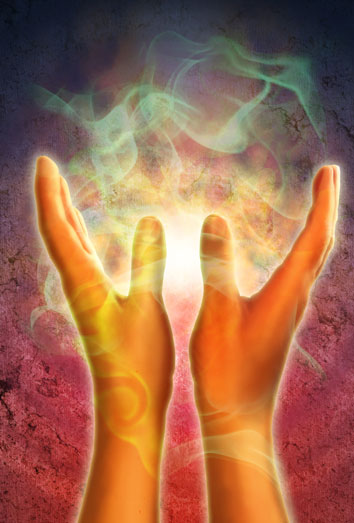Coffee has innumerable benefits for our body. Caffeine is a stimulating substance that invigorates, promotes creativity and favors concentration. It is clear that we do not want to demonize coffee. But when insomnia problems appear, that ally that gives us vitality can become our worst enemy. Find out how coffee affects your insomnia.

Coffee as an enemy of sleep
- If you are going through a time when you sleep badly, that you do not rest at night or that it is difficult for you to fall asleep, even if it is not a chronic insomnia problem, the first recommendation is to reduce your coffee consumption. Or rather, reduce caffeine intake. If you are also one of those who cannot imagine starting the day without your cup of coffee, do not worry, because insomnia does not need you to run away from coffee, just reduce your consumption.
- It is not a good idea to introduce a stimulating substance such as caffeine into the body, if what you want is to sleep soundly all night. And if you’ve had a terrible night’s sleep, chances are you’ll need a few coffees to clear your head. The idea is that you benefit from the effects of caffeine in the morning; you don’t need anything to stimulate you in the late afternoon, because the goal is to reduce activity as the day progresses.
- Apart from the question of caffeine addiction and ruling out some diseases such as hypertension or anxiety, it is not necessary to banish coffee from your life, even if you suffer from insomnia. Just do not drink caffeine in the afternoon. The specific time at which you should stop drinking coffee logically depends on how your body assimilates caffeine and it is something that you should check for yourself.
The Caffeine That Isn’t In Coffee
- Many people give up coffee when the first insomnia problems appear and find that their situation does not improve despite having eliminated caffeine. That’s because they haven’t actually eliminated caffeine, but have replaced the caffeine in coffee with the caffeine in other beverages and foods.
- Indeed, caffeine is not only found in coffee. Tea also has a large amount of theine, which is actually the same stimulant substance as caffeine. The same happens with mate, cocoa or guarana, for example, and with most soft drinks, even if they are not cola.
- One of the curiosities about caffeine is that it is also found, to a lesser extent, in decaffeinated coffee, so the ideal is to replace your decaffeinated before bed with a relaxing infusion. The bad news is that the caffeine that is sometimes hidden in other drinks is also found in a food that we love. And is that chocolate also contains caffeine.
